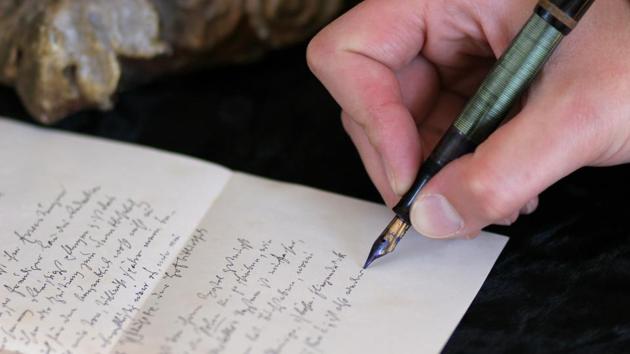Secret lives of poets
Column- The minutiae of poets’ daily existence can sometimes speak louder than their verse, writes author and filmmaker Piyush Jha
“A poet’s autobiography is his poetry. Anything else is just a footnote,” said the Russian poet Yevgeny Yevtushenko. I beg to differ. Of course, poems are what maketh the poet, but it would be an injustice to pigeonhole a poet as merely a vessel for his words. Isn’t it important to know what made that vessel boil over with those verses? What aspect of his own life experience did the poet dig into to reflect the cultural mores of the times?

Today, the Instagram-fuelled, YouTube-propelled, social-media-shareable lives of poets of Indian origin like Rupi Kaur and Nikita Gill are as well-known as their poetry. While these young ladies’ journeys are much Googled, an excursion into the lives of somewhat older but as iconoclastic Indian poets can yield a rich bounty too. I’ve recently been introduced to some fascinating books on the lives of revered Indian poets and I’m the richer for it. The story behind the poets’ poetry was equally fascinating and enlightening.
Should a kindred young soul wish to undertake this inspirational quest, I’d like to recommend some essentials. Start with a delightful book called Beloved Delhi: A Mughal City And Her Greatest Poets by Saif Mahmood. Move on to vivid autobiographies like My life In Words by Rabindranath Tagore and My Story by Kamala Das. And then delve into the tribulations of post-colonial English-language and bi-lingual poets with Nissim Ezekiel: The Authorized Biography by R Raj Rao, Bombay Modern: Arun Kolatkar and Bilingual Literary Culture by Anjali Nerlekar, and Journeys: A Poet’s Diary by A K Ramanujan. Round off the experience with books about poets whose work found its way to contemporary Indian cinema- books like Sahir Ludhyanvi: The People’s Poet by Akshay Manwani, In the Company of a Poet: Gulzar in Conversation with Nasreen Munni Kabir and the essential double-shot of Kaifi and I: A Memoir by his wife Shaukat Kaifi coupled with Kaifi Azmi: Poems, Nazms New & Selected Translations by Sudeep Sen.
While one would expect the poets’ lives to be romantic, many of them had phases of the mundane and miserable and yet they poured their thoughts into weaving something beautiful.
Nietzche said, “poets are shameless with their experiences, they exploit them,” perhaps you too could take a leaf out of the books on their lives.
(Piyush Jha is a contemporary storyteller who practises his craft by directing films and writing books.)






